Japan’s Power Crossroads: Takaichi’s Caution, Murayama’s Legacy, Trump Deadline
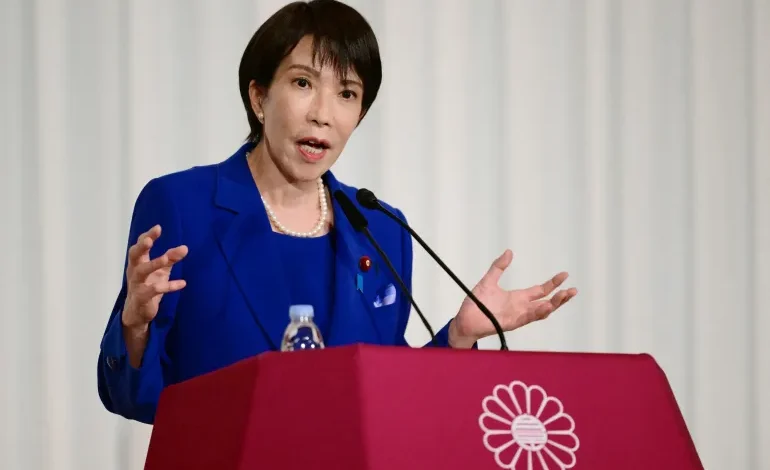
Japan’s ruling party is once again at a political crossroads, this time under the watch of Sanae Takaichi, the new leader of the Liberal Democratic Party (LDP) and a hardliner navigating between ideological loyalty and geopolitical pragmatism.
On Friday, Takaichi, 64, chose not to visit the Yasukuni Shrine, the deeply divisive World War II memorial that honors Japan’s war dead, opting instead to send an offering. The decision, unusually restrained for a politician known as a conservative firebrand, signals a tactical pause as she eyes the premiership ahead of US President Donald Trump’s expected visit to Tokyo later this month.
Past visits to Yasukuni have repeatedly angered China and South Korea, nations still scarred by Japan’s wartime occupation.
The last Japanese prime minister to go in person was Shinzo Abe in 2013, Takaichi’s mentor and the architect of her political rise. For Takaichi, staying away from the shrine is less about repentance and more about optics, an attempt to project moderation at a delicate moment for Japan’s foreign relations and domestic politics.
Her decision coincided with the death of Tomiichi Murayama, the former socialist prime minister who in 1995 issued Japan’s landmark apology for its wartime aggression. Murayama, who died at 101, remains a moral counterpoint to the revisionist instincts still alive within parts of the LDP. His death, announced the same day Takaichi pulled back from Yasukuni, underscores the generational shift, from leaders who confronted Japan’s past to those still testing how much of it can be reinterpreted.
Takaichi’s path to becoming Japan’s first female prime minister remains uncertain. Her rise hit a wall when Komeito, the LDP’s centrist coalition partner of 26 years, abruptly broke ranks last week, citing the LDP’s failure to reform its slush-fund-tainted party financing system.
The LDP is now in talks with the Japan Innovation Party, which could deliver a fragile parliamentary majority, just two seats shy of full control. Still, the alliance may be enough to secure Takaichi’s premiership in a vote expected Tuesday.
But time is not on her side. Trump’s visit is fast approaching, and Washington expects clarity from Tokyo on two key issues: trade and defense. Trump wants Japan to halt imports of Russian energy and increase military spending, a conversation that will be far easier with a confirmed prime minister in place.
For all her nationalist credentials, Takaichi’s caution on Yasukuni reveals a politician aware of Japan’s fragile balance between domestic ideology and external pressure. Her political survival depends on timing, appeasing conservatives at home while avoiding provocations that could complicate relations with Washington, Beijing, or Seoul.
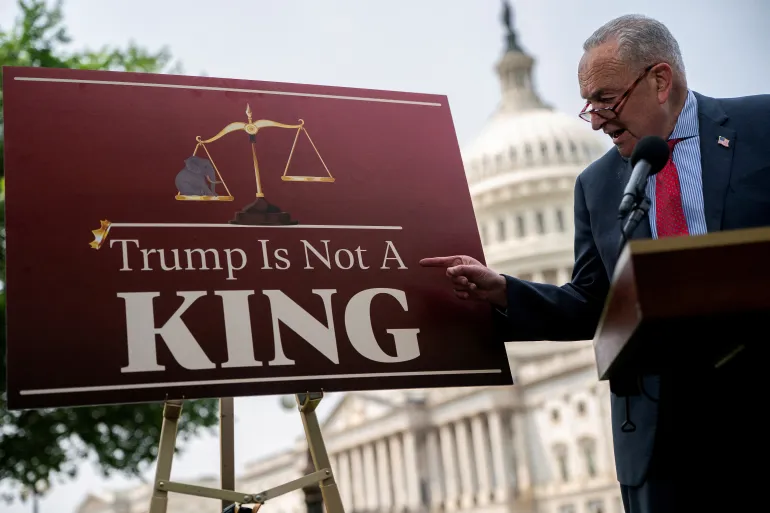

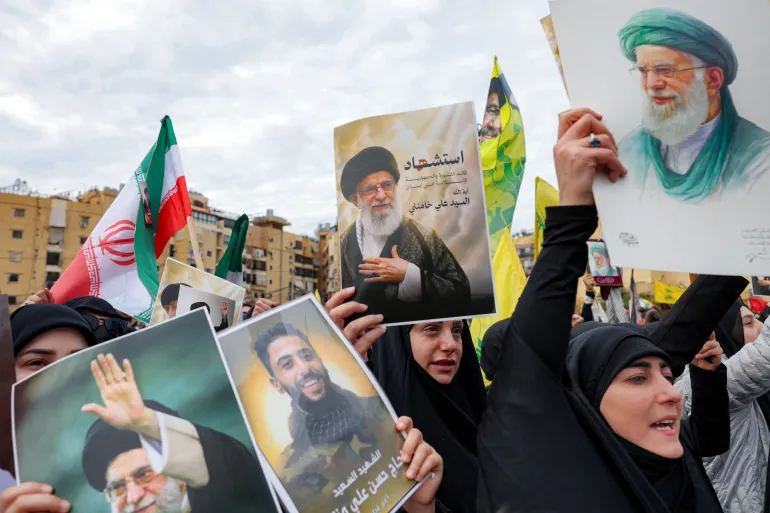
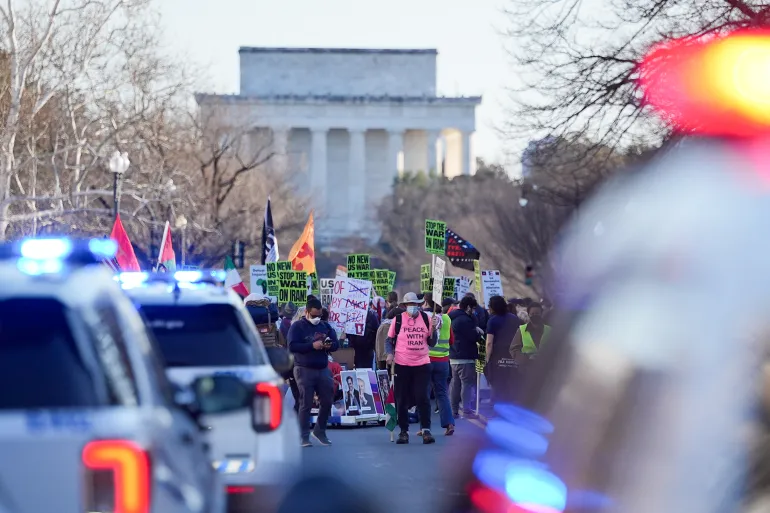
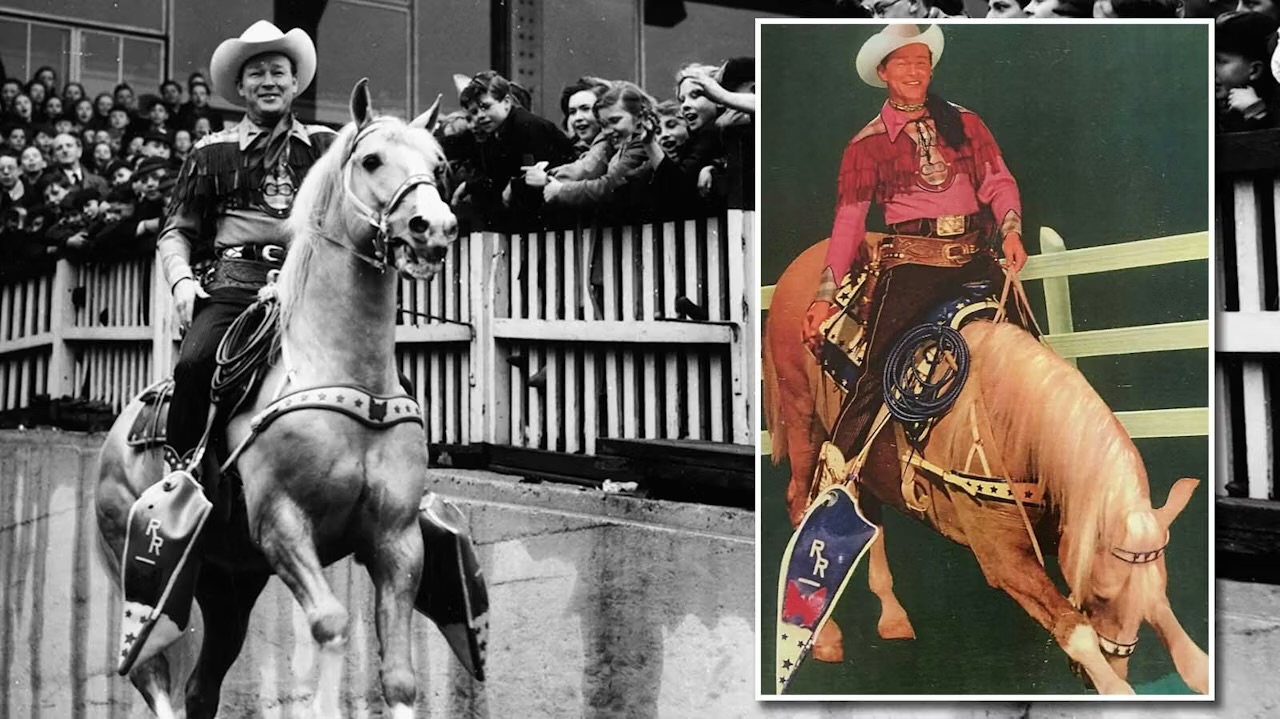




The latest news in your social feeds
Subscribe to our social media platforms to stay tuned